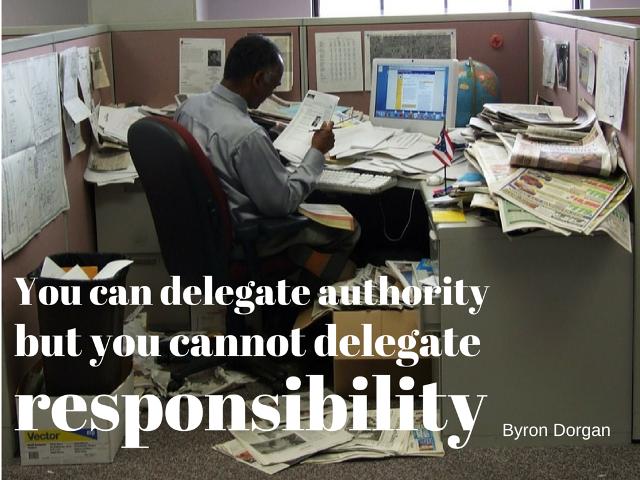The Diplo calendar 2015 realized by Stefano Baldi and Ed Gelbstein presents a selection of the wisdom accumulated by humanity over the centuries that has stood the test of time and remains as valid as ever. The hope is that it will inspire you and lead you to explore the thoughts of the people who in one way or another have changed human history for the better.
For the month of September the selected quotation is by Louis Pasteur (1822-1895)- the French chemist and microbiologist renowned for his discoveries of the principles of vaccination, microbial fermentation and pasteurization.
Photo credit: kungfubonanza (CC BY-NC-SA 2.0)









Recent Comments